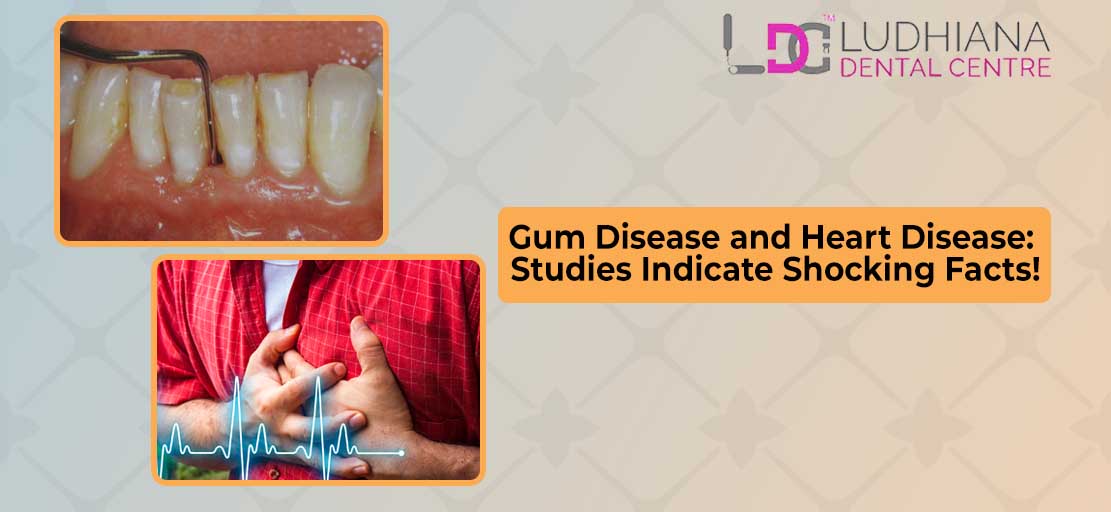Heart disease is also described as a cardiovascular disease, that attacks your blood vessels and may even block them. On the other hand, a gum disease is also known as Periodontitis, a condition that damages the gums and also has a potential of destroying your jawbone. Surprisingly, latest studies indicate individuals with gum disease are likely to develop heart disease and the risk is escalated in individuals with high cholesterol.
In addition, the report stresses that individuals with Periodontitis are also likely to develop stroke and chest pain.
Analysis
Medical records of at least 60,174 patients age 35 and older were collected for an investigation between periodontal gum disease and atherosclerotic cardiovascular diseases.
It was found that 4% of patients with gum disease had atherosclerotic cardiovascular disease compared to 2% without the gum disease.
Even with additional factors like smoking, high blood pressure, and high cholesterol, individuals with periodontal disease still 59% chance of having a history of heart issues.
How Does Gum Disease Trigger Heart Disease?
In advanced cases of periodontal disease, the gums erode themselves away from the teeth and forms pockets that can become infected with time. Periodontitis is associated with chronic inflammation, which means that harbouring the disease can only export the infection to other areas of the body. Periodontitis is also linked to other conditions such as dementia and skin disease.
Once the bacteria enter the bloodstream, it is easier for it to line itself to the fatty deposits of your blood vessels. This condition can cause blood clots and with time, a person may experience heart attacks. In developed countries, heart disease is one of the major causes of death, with over 600, 000 people dying from the condition every year.
Oral care tips to prevent gum disease
It is quite essential to see a dentist in case you experience frequent oral bleeding. Bleeding largely enables the bacteria to enter the bloodstream and cause more havoc.
It is important to treat any underlying gum disease effectively to stop the bacteria from spreading to your heart’s valves that can even destroy them. Brushing twice a day and flossing after meals is essential and when it comes to medications, follow the doctor’s instructions. Receiving timely oral treatment can help preserve your gums and eliminate any risk of heart or respiratory problems.

